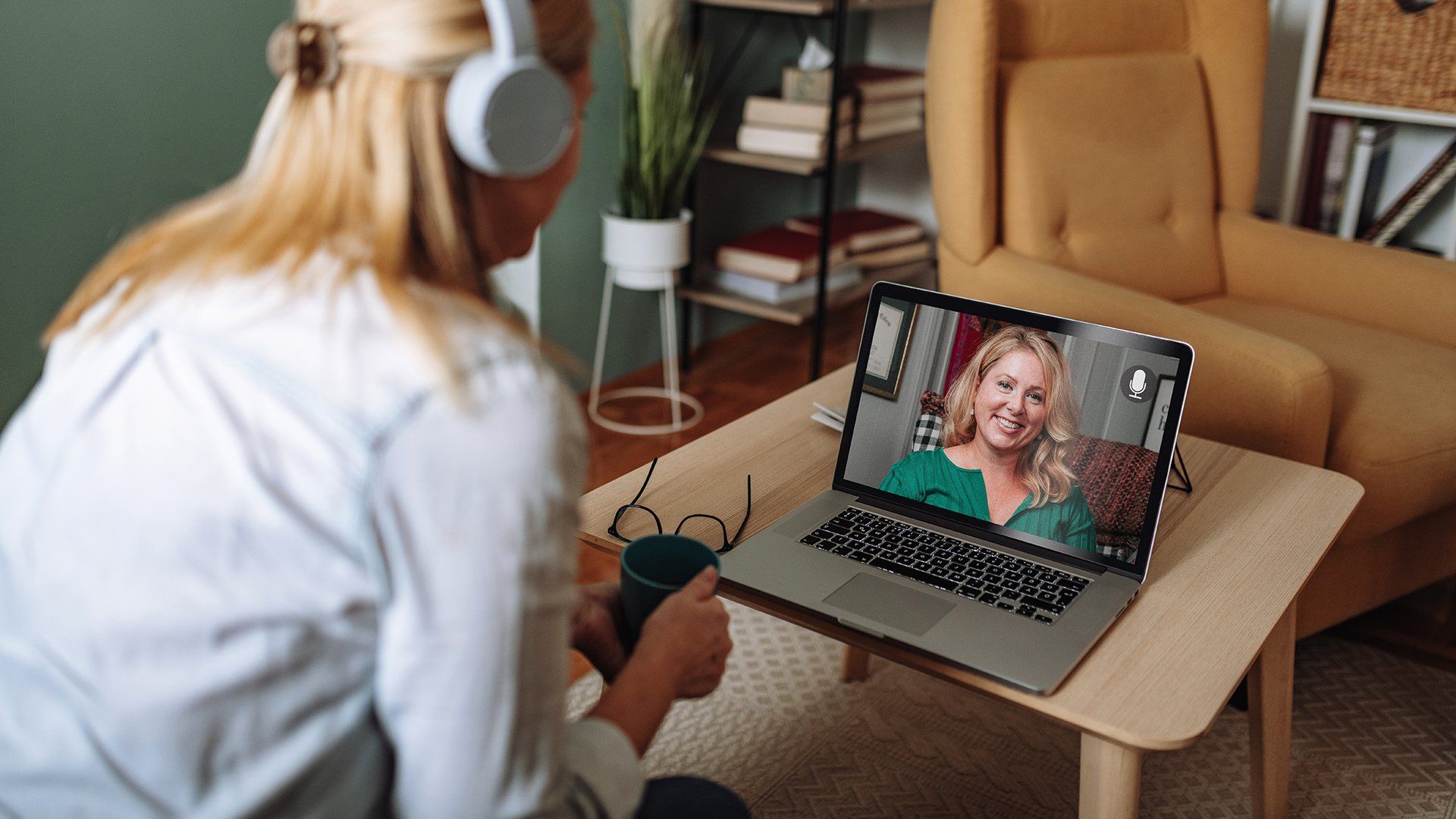Enhancing emotional wellness while restoring hope and fulfillment.
We also offer Teletherapy, for everything you need to tell a therapist.
“Mirror Mirror On The Wall”
Your body hears everything you say to yourself and about yourself, crazy huh? You know who else is listening, those around you, including your family. How kind are you in your self- talk about your body? Are you accepting and praising of it, or harsh and critical? Are you like so many caught up in the toxic trap of comparison of self to others? Have you bought into unrealistic beauty ideals and lost touch with reality, prompted by filters and photo editing?
I am the first to admit I utilize social media and have used a filter on a photo or two (GASP!). However, the world of selfies and the desire for reflecting perfect image has resulted for some including our youth, in poor body image. It can be a set up for unrealistic and unattainable expectations of self and others. The ability to accept yourself as is, while maintaining a healthy body image is an integrated part of overall wellness.
The National Eating Disorders Association defines Body image as “how you see yourself when you look in the mirror or when you picture yourself in your mind.”
Body Image is only one component of an individual’s self-esteem, yet a powerful one. Our culture, family, and peers all influence messages about the body. These messages are received in both direct and indirect ways. The internalization of these messages leads to either positive or negative reflection of one’s body image. Poor body image results in unhealthy thinking and behavior patterns with the ability to impact relationships and feelings of worthiness and overall wellness. Poor body image has been directly linked to the development of depression, anxiety, and eating disorders.
So where does this all begin?
Developmentally, between the age 4-6 is when children notice differences and can begin to express concern about their appearance including their weight and shape. As our youth develop and begin to pick up on meaningful social cues from their peers, they are often most uneasy with their body image around puberty. Without a foundation or ongoing modeling of healthy body image our youth can quickly develop toxic thoughts and behaviors.
Perhaps you can relate to some of the talking points above. Are you wondering ways to help yourself or better yet reflect healthy body image for your kids? Consider the following:
- Model heathy body image through our actions! After all, actions speaks louder than words!
- Stay active, providing high nutrient food to yourself and your family. “A colorful plate is a healthy plate!”
- Take a vacation from social media!
- Eliminate fat/thin/diet language from your home.
- Compliment qualities that are not appearance based in yourself and others.
- Point out all the amazing things our bodies are capable of.
- Always keep in mind change is not linear. We are looking for progress not perfection!
Do you remember how messages about body image and desirability were communicated to you? At what age? Have you been emotionally wounded surrounding those messages? Consider scheduling an appointment with a Southside Behavioral Health Therapist to help reflect and unpack these unhealthy messages. Learn how to see yourself and reflect who you are as a healthier version of you!



All Rights Reserved | Southside Behavioral Health, LLC
The information on this website is not intended for specific, individual or client therapy purposes and is intended for general information and use.
